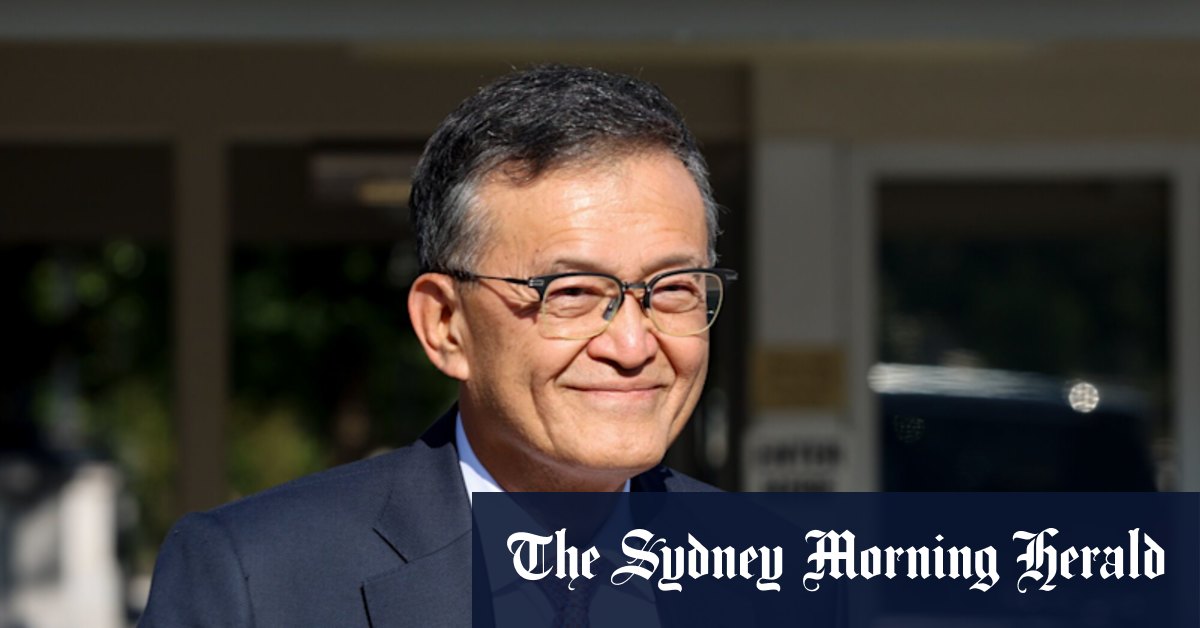
Days after initially calling for the resignation of Intel’s CEO, Lip-Bu Tan, former President Donald Trump reversed course after what he described as a “very interesting” meeting with the executive. Trump commended Tan’s career, calling his journey “an amazing story” in a Truth Social post.
Who is Lip-Bu Tan?
Born in Malaysia in 1959, Lip-Bu Tan is the youngest of five children. His father served as editor-in-chief of a Malaysian newspaper, while his mother worked as a professor in Singapore. Tan began his academic career with a degree in physics from Nanyang Technical University, later earning a master’s degree in nuclear engineering from the Massachusetts Institute of Technology (MIT) and an MBA from the University of San Francisco.
Tan’s journey to Silicon Valley cemented his reputation as a technology leader and venture capitalist, beginning with his association with Walden Capital, a firm he helped expand into a global venture capital powerhouse. Under his leadership, Tan has raised over $5 billion and invested in more than 600 companies across 12 countries, highlighting his significant contributions to the semiconductor industry.
The Road to Intel
Tan joined Intel as CEO in March, taking on the challenge of steering the chipmaker through a critical period of technological transformation. His appointment followed a highly successful 12-year tenure as CEO of Cadence Design Systems, a leading provider of chip design tools, where he grew the company’s stock by an incredible 4,000%.
Despite his successes, Tan’s ties to China drew scrutiny in Washington. Critics, including Republican Senator Tom Cotton, raised concerns about his investment firm, Walden International, which has financially supported over 100 Chinese companies. Accusations also surfaced regarding Cadence’s sale of products to a Chinese military university during Tan’s tenure. Still, Tan vehemently denied these claims, describing them as “misinformation” in a letter to Intel employees.
A Lifestyle of High Standards
Throughout his career, Tan has balanced leadership roles across multiple organizations. Even while serving as CEO of Cadence, he maintained his position as executive chairman of Walden International, claiming that his dual roles were synergistic and continually honed his skills as both a leader and lifelong learner. Despite the intense workload, Tan is known for only requiring four to five hours of sleep each night.
“I’ve always operated within the highest legal and ethical standards,” said Tan amid ongoing scrutiny. The 65-year-old entrepreneur’s net worth, now estimated by Bloomberg to be $1.7 billion, is largely derived from his holdings in Cadence and newly acquired Intel shares, making him one of the wealthiest leaders in Silicon Valley.
Reviving Intel’s Position in the Tech World
Tan’s focus as Intel’s CEO has been both clear and forward-thinking. Under his leadership, he has accelerated divestments from Chinese tech companies while doubling down on advancements in semiconductors, artificial intelligence, and other cutting-edge technologies essential to Intel’s resurgence.
As a naturalized U.S. citizen, Tan expressed gratitude for the opportunities America has given him and reaffirmed his dedication to the company. “The United States has been my home for more than 40 years,” he said. “I love this country and am profoundly grateful for the opportunities it has given me.”
With the company’s stock price up 15% since his appointment, and reports of discussions with the U.S. government potentially taking a stake in Intel, it appears Tan is well-positioned to lead Intel into a brighter future.






